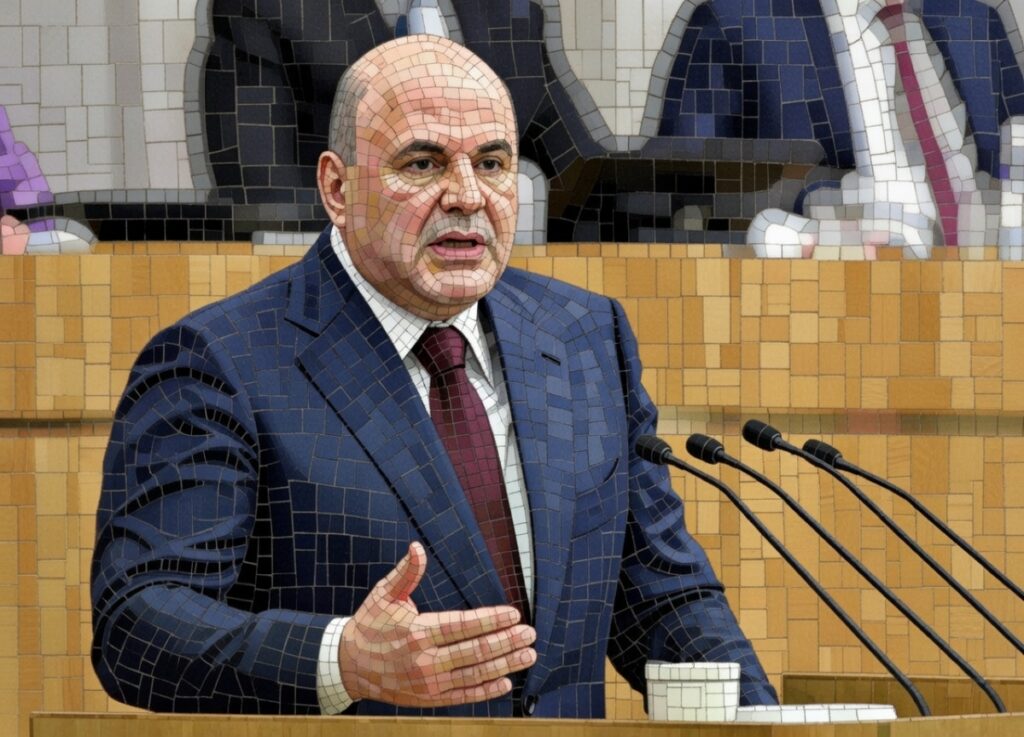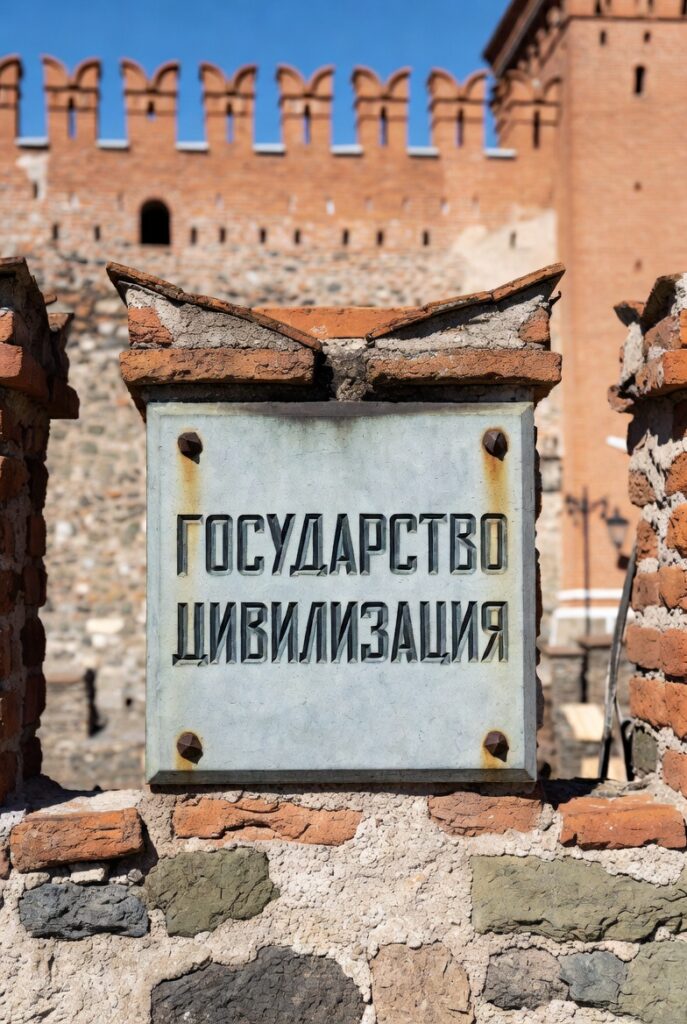In Gorno-Altaysk, the capital of the Altai Republic, the most significant mass protests since the war began took place. Between 2,000 and 4,000 people, according to various estimates, rallied against the abolition of urban and rural settlements in the region. Even the lower estimate is impressive for a territory with an official population of 210,000. Notably, the protesters voiced explicitly political demands, a rare occurrence in the regions, where protests typically focus on social or environmental issues, as «politics» has long been considered a dangerous pursuit. The residents demanded the preservation of all municipalities and the resignation of the region’s head, Andrey Turczak, a former secretary of United Russia’s General Council, who initiated the abolition, as well as Alexey Prokopiev, a government chairman from the neighboring Altai Krai. At first glance, these demands may seem local, but in reality, the Altai residents were opposing an initiative pushed by federal authorities in other regions, making their actions a conscious stand against Kremlin policy.
At the outset of the municipal reform, which involved abolishing first-level municipalities (urban and rural settlements), Tatarstan and Bashkortostan opposed it. Their leadership understood that eliminating local administrations and councils would lead to political instability. Positions such as heads of municipalities, their deputies, and chairs of local assemblies are often held by influential local families. The distribution of these roles allows regional authorities to maintain elite balance and prevent dissent. Moreover, administrations in Tatarstan and Bashkortostan realized that keeping power accessible benefits residents, and any attempt to abolish municipalities could easily spark protests organized by local clans. After an open pushback from Tatarstan’s head, Rustam Minnikhanov, and local United Russia members, federal legislators backtracked, allowing regions with «specificities» to retain first-level municipalities. These «specificities» were not clearly defined in the final law, so even non-ethnic but relatively prosperous regions like Voronezh and Saratov, with influential local groups, claimed them.
Andrey Turczak, as an experienced politician, could have used this «national exemption.» He understood the power of local clans and built his election campaign last year on engaging them. During campaign trips, he was accompanied by municipal heads, whom he praised and treated respectfully, hoping they would ensure a smooth election. His calculations paid off. However, having fallen out of favor with the president and dreaming of a return to Moscow, the «prince» couldn’t resist an opportunity to meet Kremlin KPIs and pushed for municipal abolition. The local heads, whose support he secured just a year ago, responded by mobilizing residents to protest.
Preserving settlements is also beneficial for residents. The Altai Republic, though sparsely populated, is vast. Abolishing rural councils would force residents of small settlements to travel long distances to access the nearest authority, with no guarantee that the heads or deputies of larger municipalities would care about remote villages’ issues. This isn’t Turczak’s first attempt to prove his loyalty to the Kremlin: the region actively recruits volunteers for the war in Ukraine, and he promotes military figures into the power structure. Notably, Turczak appointed a real war participant as the republic’s senator, rather than a former or current official or deputy, as other governors typically do. Aggressively pushing municipal abolition aligns with these efforts. The State Council of the republic has already passed the bill in two readings, though Turczak and United Russia made concessions. The final document allows municipal councils to choose the method for appointing heads of larger districts, including direct elections, though the initial draft only allowed appointments proposed by Turczak.
The head of Altai is caught between two fires: he wants to push the Kremlin’s reform but risks backlash. Local elites and residents may organize further protests, drawing attention to the republic. The authorities’ ratings in the region will inevitably decline (though official polls may not reflect this), and United Russia’s State Duma campaign could lose a key asset—municipal officials. Yet, Turczak seems to address Moscow’s KPIs as they arise, navigating a complex maze to return to federal power corridors.
Crackdowns in Dagestan
Law enforcement conducted searches at the home of Dagestan’s State Secretary, Magomed-Sultan Magomedov, suspected of illegally privatizing «Dagnefteproduct,» the largest oil transshipment enterprise in the Caspian region. Magomedov remains at large. Such crackdowns in Dagestan are not uncommon but typically target figures formally or informally opposing the Kremlin-appointed regional leadership, like the arrested and convicted former Makhachkala mayor, Said Amirov. Magomedov, a prominent local politician and businessman, previously served as the republican parliament’s speaker and is close to former Dagestan president and current deputy head of the Presidential Administration Magomedsalam Magomedov, Senator Suleyman Kerimov, and Dagestan’s head, Sergey Melikov. The siloviki’s actions against him are intriguing, given his ties to influential figures, including the current regional leader. These connections may have helped him avoid arrest so far and could protect him in the future.
The searches may stem from an attempt to seize «Dagnefteproduct» from Magomedov’s clan. If the enterprise is quietly transferred to the state, the siloviki’s claims may disappear. If so, this suggests that even strong ties with federally influential figures no longer guarantee regional players’ property protection. If higher-ranking or better-connected individuals covet their assets, they will likely be taken. Most private enterprises not owned by Putin’s inner circle are at risk of redistribution. Previously, loyalty to the Kremlin and high-level connections ensured property security. Now, at best, they only shield owners from arrest or prison.










